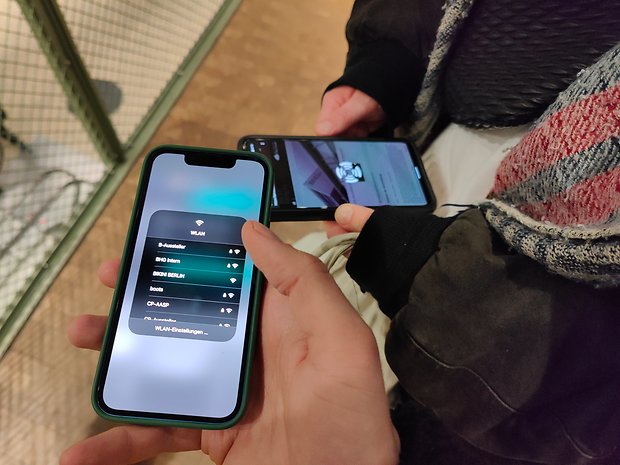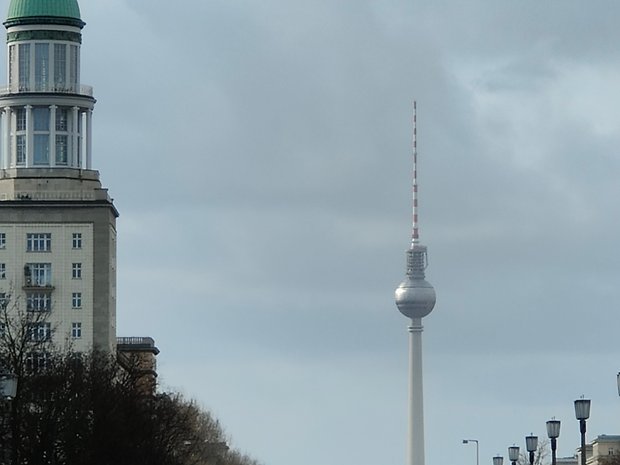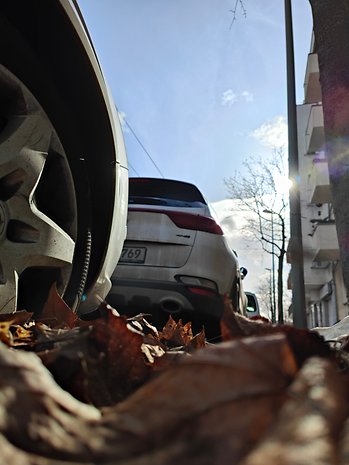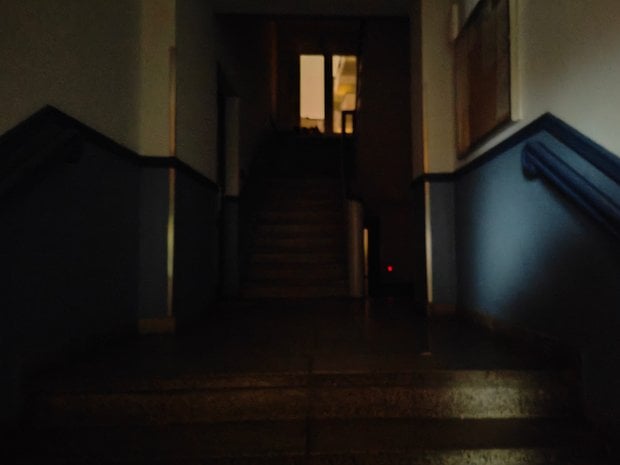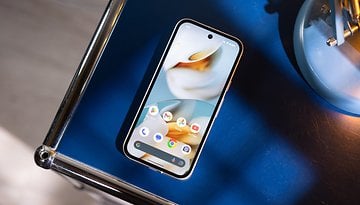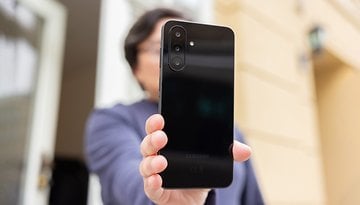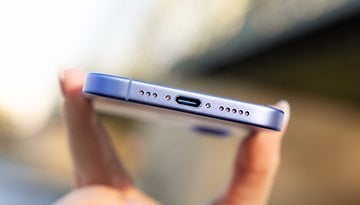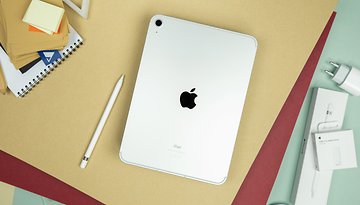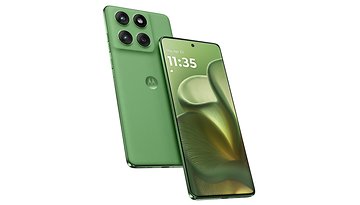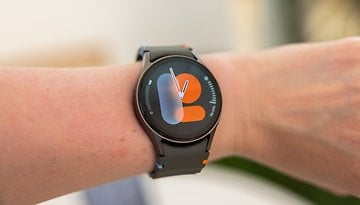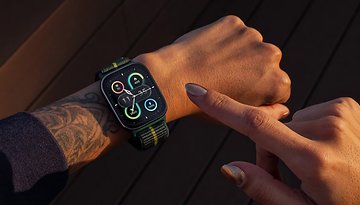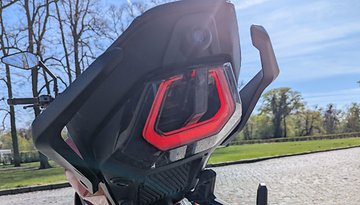Oppo Find X5 Pro review: Wrecking HaVOOC


With the Find X5 Pro, Oppo brings its very own image processor, a blazing-fast Quick-Charging speed of 80 watts, and other improvements compared to its predecessor. In this review, let us find out together why Oppo's new flagship is a bad omen for OnePlus and why everyone should sit up and take notice of Oppo.
Good
- Very high screen quality
- Video recording capability is good
- Powerful Snapdragon SoC
- Second fastest Quick-Charging on the market
- Very high build quality
Bad
- No microscope camera ?
- No memory expansion slots
- Aggressive thermal throttling
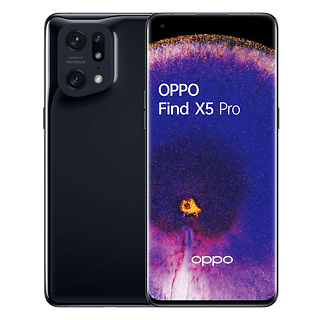
The Oppo Find X5 Pro in a nutshell
The Find X5 Pro was unveiled on February 24, 2022, having been presented alongside the Find X5 and Find X5 Lite models. This is also the successor to the Find X3 Pro. As Oppo hails from China, the number "4" that is deemed as unlucky in Chinese culture was skipped. However, Oppo still positioned the Find X5 in the absolute upper class in terms of price, where it carries a rather hefty recommended retail price equivalent to $1,299. The brand's phones are not present in the US and the device won't be officially sold in the country.
Here is a little bit more context: It is not a sheer coincidence that the presentation of the Find X5 Pro occurred just three days after reports of structural problems in the OnePlus 10 Pro surfaced. Why this is very exciting? OnePlus and Oppo merged back in 2021, and this partnership has allowed them to work even closer than ever in research and development than before. The fact that OnePlus' new flagship, which has not yet been released in the west, has to deal with such problems is something that we will have to bear in mind during the review.
Design & workmanship: Oppo brings it up a notch
Like its predecessor, the Oppo Find X5 Pro features a 3D-molded back. This year, however, the manufacturer relies on ceramic which is much more robust according to Oppo. The dimensions of the smartphone stand at 73.9 mm x 163.7 mm x 8.5 mm (W x H x D), tipping the scales at 221 grams. This smarthone is protected against both water and dust according to the IP68 certification.
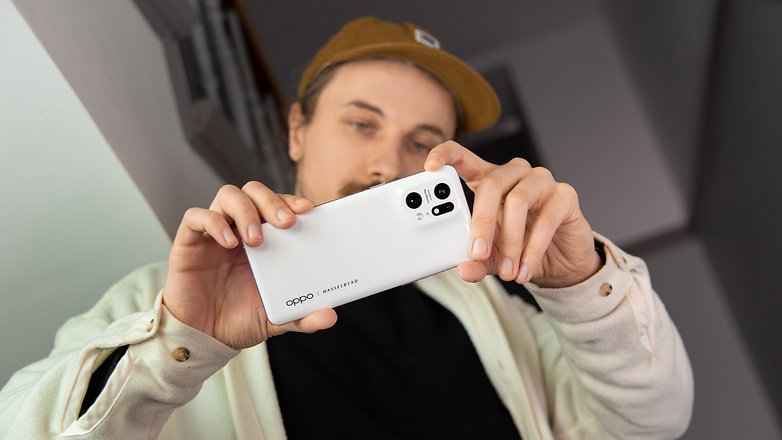
What I liked:
- High-quality workmanship.
- Ceramic surface is nice to rest your palm on.
- Unique camera bump is great for haptics.
What I disliked:
- Defies the trend of smaller flagships.
- Less than optimal positioning of buttons.
During the presentation of the Find X5 Pro, the manufacturer placed special emphasis on the smartphone's high-quality materials. It is through this way that the manufacturer wants to debunk the reputation that Chinese smartphones are cheap devices, at least for those living in the west. Alternatively, this would also work if more people picked up the Find X5 Pro for themselves. After all, the build quality is impeccable, just like last year.
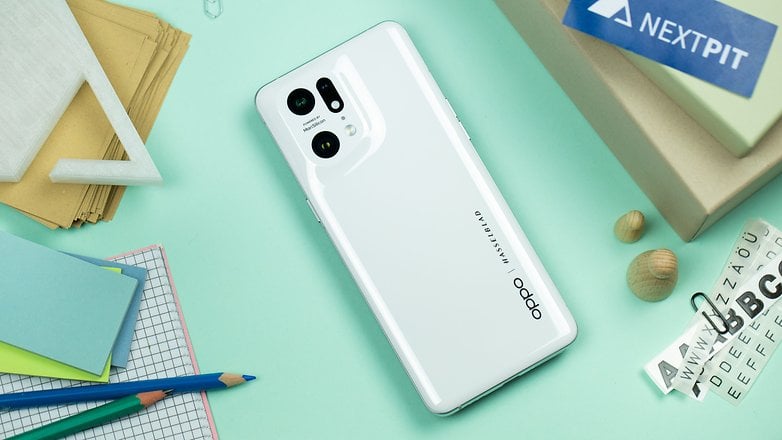
The back is made of ceramic and not glass in 2022. This makes it feel slightly warmer to the touch and should primarily protect against scratches and any unwanted cracks. The Find X5 Pro is also rather robust thanks to its IP68 certification that offers protection against submersion and dust ingress. However, I did not like the button placement as much.
There is the power button on the right that has a nice green inlay, while the left houses a volume rocker. The familiar "iPhone distribution" sits a bit too far up here in my opinion. Thus, it's rather difficult to control the volume of the smartphone with just one hand without also pressing the power button by accident. This is a tiny detail that I didn't want to leave unmentioned.
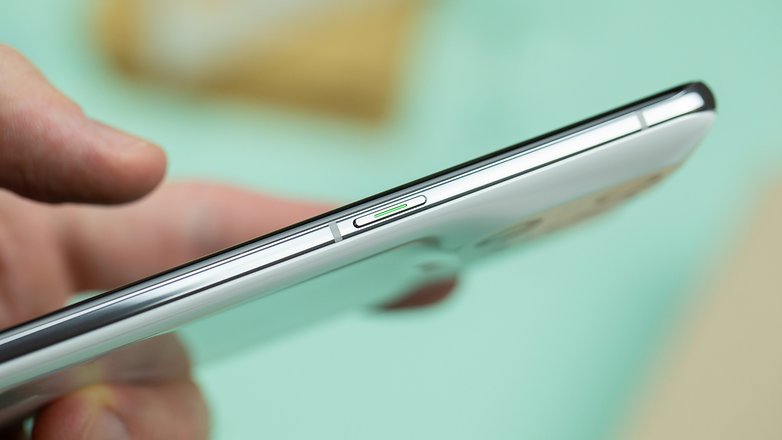
Regarding the "bend gate" of its stepbrother, the OnePlus 10 Pro: I did not notice any creaking or bending in the Find X5 Pro even when I purposely added additional pressure . The smartphone seems to be made of a single, robust chassis.
Display: 1 billion colors
The display of the Find X5 Pro measures 6.7-inches across diagonally with a maximum resolution of 3216 x 1440 pixels and a refresh rate of 120 Hertz. The maximum brightness stands at 1,300 nits and the color depth of 10-bit is higher compared to many of its other rivals. Thus, you can view up to 1.07 billion colors on the smartphone itself, although good luck identifying the whole lot with your naked eye. The LTPO AMOLED panel is protected by Gorilla Glass Victus.
What I liked:
- All 2022 display requirements met.
- Extremely high pixel density (525 ppi).
- Great color reproduction.
What I disliked:
- Display is a real power hog.
Oppo already introduced a 10-bit workflow from the camera sensor via the SoC to the display with the Find X3 Pro. Oppo also relies on exactly 1.07 billion colors this year. These shine at you with a maximum of 1,300 nits, and are updated at a maximum rate of 120 times per second. Apart from the 10-bit support, these are all things you would expect from a flagship display in 2022.
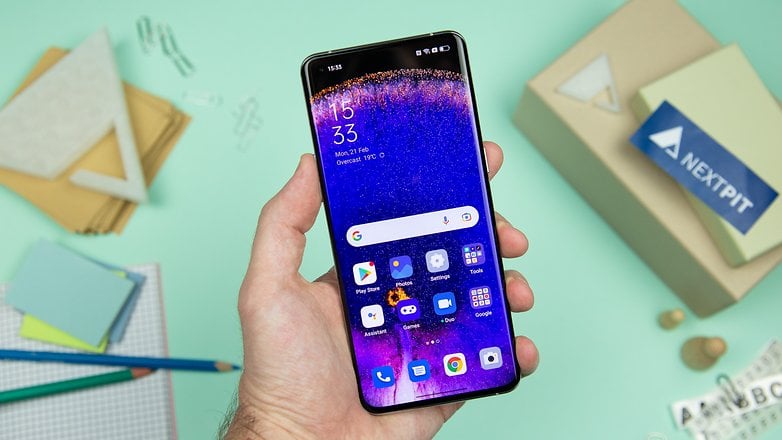
Beyond that, Oppo relies on an LTPO panel to adapt the frame rate to the respective screen content. Even though there is a power-saving measure through this, a 120 Hertz display with an ultra-high resolution of 3,216 x 1,440 pixels is a real power guzzler. However, this happens to be the only drawback of the Oppo display. By the way, Oppo offers a precise calibration of the screen's colors for better color reproduction on the software side.
Furthermore, the "O1 Ultra Vision Engine" is used, which ensures sharp upscaling of videos and pictures.
Software: ColorOS 12.1 based on Android 12
As a flagship model of the Find series, you will receive Oppo's longest support for both software and security updates. The manufacturer already uses the latest ColorOS 12.1 right out of the box which is based on Android 12. Thus, you can expect an update guarantee up until Android 15 and security updates until 2026, which is pretty much standard value for a 2022 flagship (unless you're Samsung, of course)!
What I liked:
- Comes with Android 12 right out of the box.
- ColorOS 12.1 is highly customizable.
What I disliked:
- Too many pre-installed apps.
I will not dwell too long on the pre-installed operating system in this review. After all, you can read our detailed review of Oppo's ColorOS, where we also explored the new features in Android 12. Therefore, I would rather focus on the shortcomings of Oppo's software.
For starters, Oppo's update warranty of three Android updates and four years of security updates seems to be a bit too short by now. This is mainly due to the extension of Samsung's update promise, which offers updates until 2027 in selected devices. However, as I write in my deliberately overcritical comment, only a few users will actually take advantage of that.
Another far more serious matter in my opinion would be the pre-loaded bloatware, which I simply do not want to see on a smartphone that costs $1,299. After unboxing it, you will find Facebook, Amazon Shopping, Booking.com, LinkedIn, TikTok, AliExpress, and the mobile game PUBG Mobile pre-installed. Although you can uninstall all of the above-mentioned apps, it does not feel premium at all!
Performance: Snapdragon 8 Gen 1 makes a strong showing
Qualcomm's latest processor sees action in the Find X5 Pro! The Snapdragon 8 Gen 1 makes its debut in an Oppo smartphone, and that makes it a good start. In addition to the top-of-the-line SoC, you benefit from 12 GB of LPDDR5 RAM, 256 GB of internal UFS 3.1 storage, and an Adreno 730 GPU. The supported wireless standards are also up to date.
What I liked:
- Very high-performance capability.
- WiFi 6 and Bluetooth 5.2 LE are both on board.
What I disliked:
- Significant thermal throttling in the stress test.
- No expandable memory.
- No alternative storage options.
The Find X5 Pro is one of the first opportunities for us to try out Qualcomm's latest flagship SoC. The Snapdragon 8 Gen 1 processor promises even more efficiency thanks to the 4-nanometer manufacturing process and also offers a higher performance level compared to the predecessor. However, the Geekbench and PassMark benchmarks attest a lower performance than some 2021 flagships.
Oppo Find X5 Pro
| Benchmarks | Oppo Find X5 Pro | Oppo Find X3 Pro | Asus Zenfone 8 | OnePlus 9 | Xiaomi Mi 11 |
|---|---|---|---|---|---|
| 3D Mark Wild Life | 9,300 at 55.7 FPS | 5,659 | 5,753 | 5,683 | 5,702 |
| 3D Mark Wild Life Stress Test | 6,069 ~ 9,192 | - | 5,825 | 5,716 | 5,697 |
| Geekbench 5 (Single / Multi) | 846 / 3,324 | 932 / 3,153 | 1,124/3,738 | 1,119/3,657 | 1,085/3,490 |
| PassMark RAM | 26,978 | - | 32,247 | 32,124 | 26,333 |
| PassMark storage | 87,842 | - | 112,318 | 115,311 | 120,430 |
In everyday use, you can expect a smartphone with hardly any loading times. Apps launch without any delay on the Find X5 Pro, switching between applications when multitasking happens smoothly and the smartphone also convinces in mobile games. Call of Duty Mobile runs satisfactorily on the highest graphics settings. Oppo once again takes a step forward that can hardly be fully explored in everyday use.
In the benchmark, the Find X5 Pro outperforms all flagships I know that use the Snapdragon 888. Like the predecessor, however, you will have to reckon with thermal throttling during longer gaming sessions or an extensive editing projects that deal with 4K source material. We lost 44% of the performance after 20 minutes in the stress test of the 3D Mark WildLife benchmark. The smartphone heated a lot, but it did not become dangerously hot.
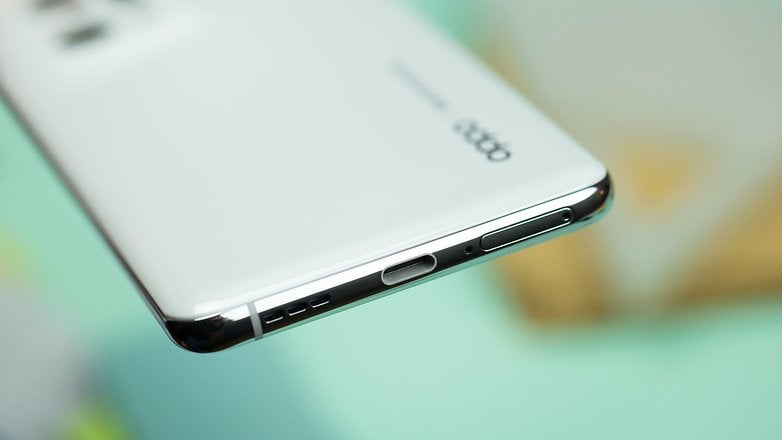
Besides a high CPU and graphics performance, Oppo also uses the latest storage standards in the Find X5 Pro. 12 GB of LPDDR5 RAM to assist with multitasking, while the internal storage is also up to par with the UFS 3.1 standard. However, you can only have one choice of the Find X5 Pro with 256 GB of storage. The option to expand the storage via a microSD card is also unavailable.
These two flaws are especially relevant for photographers and those who love shooting video. Apart from that, you will get one of the most powerful Android smartphones ever released with the Find X5 Pro.
Oppo Find X5 Pro audio
The Find X5 Pro offers stereo sound with two speakers. Headphones can only be connected via an USB-C adapter since there is no 3.5mm jack.
What I liked:
- Loud and good stereo sound quality.
What I disliked:
- Lower speaker is covered when held horizontally.
I will keep it short here: the Oppo Find X5 Pro's sound is right on par with flagship-level audio quality thanks to the presence of stereo speakers. The volume level while watching YouTube videos was so high that it was too loud for me in quiet surroundings. However, you should be careful with how you hold the Find X5 Pro - it is all too easy to cover the lower speaker when gaming or streaming videos. There is no 3.5mm audio jack here.
Camera: Old cameras, new image processor
Oppo relies on the tried and true formula with its dual-main camera strategy in the Find X5 Pro! However, the fun microscope camera in the predecessor has been replaced by its own image processor known as MariSilicon, which works together with the Qualcomm chip. Besides the 50 MP wide-angle and ultra-wide-angle camera, there's a 13 MP telephoto camera and a 32 MP selfie cam.
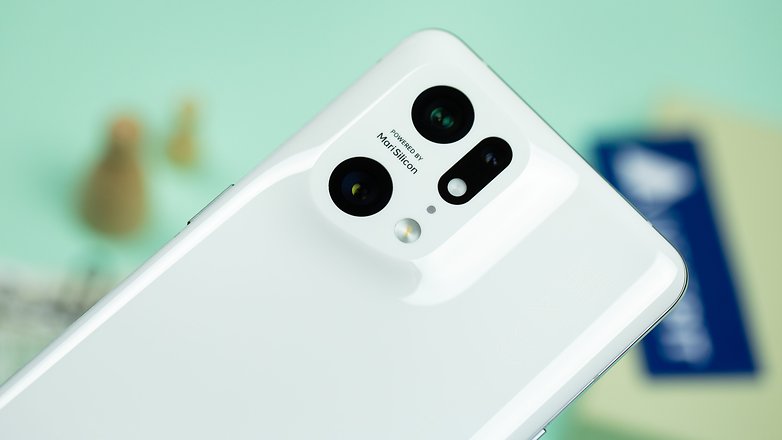
What I liked:
- Very high image quality.
- Fun photo modes entice you to embark on photo tours.
- Hasselblad integration works in reality.
- 4K at 60 FPS on all three cameras.
What I disliked:
- Pictures do look rather artificial at times.
- Telephoto camera only offers 2x zoom.
- Switching between cameras in video is a very clumsy process.
Photography
Let's begin with my favorite smartphone topic: photography! Last year, I found the cameras of the Find X3 Pro so cool that I wrote a love letter to the smartphone. In 2022, I again have a lot of expectations for the X5 Pro camera, but I am not in love. This is because Oppo decided, in what is a completely understandable move, to omit the microscope camera.
Rather, Oppo relies on the "dual main camera configuration" in which the wide-angle camera and the ultra-wide-angle camera work with the same sensor. As a special feature, the manufacturer also relies on its own image processor (ISP). "MariSilicon" is supposed to improve the video quality at night in particular. Furthermore, HDR videos with a contrast ratio of 1:1,000,000 are now possible.

More exciting for me, however, is Oppo's support for Computational RAW photography. Like Apple and Samsung, Oppo combines several RAW shots and wants to achieve a dynamic range of 20 f-stops. In addition, there is a 5-axis image stabilizer for the main sensor in a co-operation with Hasselblad! Oppo is certainly inspired by OnePlus here.
You can see just how good the photos turned out in the picture gallery directly above this paragraph.
In order to not inflate the review unnecessarily, your wishes for a detailed camera review are welcome in the comments. I will write a personal assessment: The image quality of the Find X5 Pro is fantastic with a bit of practice. I especially like the RAW shots that are processed in Lightroom, which turned out even better than on the Xperia Pro-I.
However, I do not like Oppo's software processing as much in many instances. This is because the pictures often look very artificial as if they were created by a computer. This is especially the case in night shots of the main camera, and in my opinion, Oppo will have to improve this in the future. After all, a 2x zoom with 13 megapixels in a high-end flagship is no longer quite up to date.
Video quality
Video quality is becoming increasingly important for smartphones. And here, the Find X5 Pro offers 4K recordings at up to 60 frames per second across all three cameras. This places the Find X5 Pro on par with the iPhone 13 Pro and iPhone 13 Pro Max, and beats the Google Pixel 6 Pro, which was considered one of the best camera smartphones in 2021. However, the resolution count is not the only decisive factor.
Oppo has always been able to shine with very good video stabilization, which is made even better by the 5-axis image stabilizer. The wide-angle camera ensures buttery-smooth pictures, while the ultra-wide-angle camera is already shake-free due to the focal length, and the telephoto camera experiences a drop in quality once again but is still stable when held in the hand.
To evaluate the video quality, I edited a video for you and also used log videos that are accessible via the pro video mode. Log files were also available in the predecessor, but again LUT files are missing, which helps with post-processing. Of course, you can still find an example in the video.
Battery: Quick-Charging at 80 watts
The Find X5 Pro placed second among Android smartphones with the most powerful quick-charging when it was released in February. Oppo's SuperVOOC works at 80 watts and fully charges the phone's 5,000 mAh battery from empty within half an hour. I will have to test the battery life further over the next few weeks to find out whether this is true in reality. However, it makes a solid impression after almost three days.
We only received the Find X5 Pro a few days before the release. Therefore, the review period was still too early to list down any obvious advantages and disadvantages.
My first impression of the Find X5 Pro's battery life is solid, but experience shows that it will strongly depend on the display settings selected. A QHD+ display with a 120 Hertz refresh rate is a power guzzler despite the adaptive refresh rate. Experience shows that this is not a big problem in everyday use since Oppo offers particularly fast quick charging.

I was able to review the Xiaomi 11T Pro a few months back, which still boasts of the fastest quick-charging. The battery of the Find X5 Pro is charged at 40 watts less power, but the charging times are still top-notch:
Charging times of the Oppo Find X5 Pro
| Charging time | Battery state |
|---|---|
| Start | 6 percent |
| 2:50 minutes | 20 percent |
| 10 minutes | 50 percent |
| 17:35 minutes | 75 percent |
| 22:54 minutes | 90 percent |
| 28:21 minutes | 100 percent |
Oppo Find X5 Pro technical specifications
| Product | |
|---|---|
| Display | 6,7 Zoll, LTPO AMOLED, WQHD+ (3216 x 1440 Pixel), 525 ppi, 120 Hz adaptive, 1300 Nits (max.) |
| SoC | Snapdragon 8 Gen 1, Octa-Core-SoC, bis zu 2,995 GHz Qualcomm Adreno 730 |
| RAM | 12 GB LPDDR5 |
| Storage | 256 GB UFS3.1 not expandable |
| Cameras | 50 MP main camera (f/1.7) 50 MP ultra-wide (f/2.2) 13 MP telephoto (f/2.4) 13-channel spectral sensor Omnidirectional All Pixel PDAF OIS (5-axis-stabilized) 2x optical zoom, 5x Hybrid Zoom, 20x Digitalzoom |
| Selfie | 32 MP RGBW (f/2.4) |
| Software | Android 12 with ColorOS 12.1 |
| Battery | 5.000 mAh 80 Watt SuperVOOC wired charging 50 Watt AirVOOC wireless charging |
| Connectivity | 5G , LTE, Wi-Fi 802.11 a/b/g/n/ac wave 2/ax, Wi-Fi Direct, Wi-Fi Display, Bluetooth 5.2, USB-C 3.2, GPS, A-GPS, BeiDou, GLONASS, Galileo, QZSS, NFC |
| Audio | Stereo speakers, Dolby Atmos |
| IP | IP68 |
| Dimensions | 73,9 x 163,7 x 8,5 mm |
| Weight | 221 grams |
| Material | front: Corning Gorilla Glass Victus | back: Ceramic |
| Colors | Glaze Black, Ceramic White |
| Price | €1.299 (app. $1450) Not available in the US |
Conclusion
I recommend considering Oppo when searching for a flagship! Like its predecessor, the Find X5 Pro proved to be a real treat in the review. The performance is top-notch, you get a smartphone with a unique design and high-quality build, and the camera performance is one of the best on the market. In addition, there is a fast charging technology that is only surpassed by one phone at the moment.
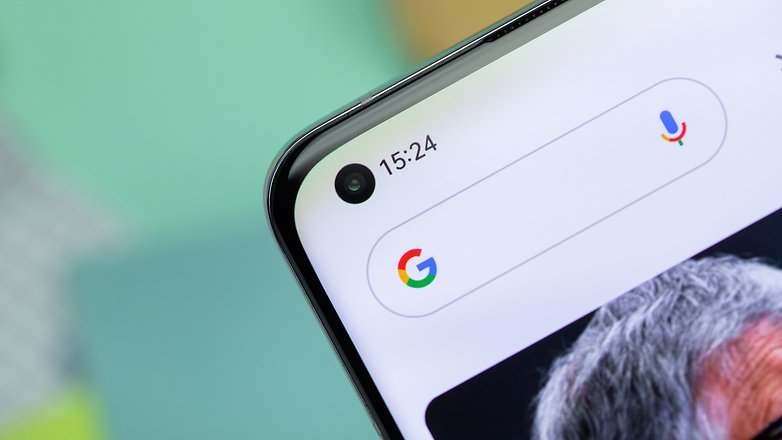
However, I will not give Oppo top billing this year. Unfortunately, the Find X5 Pro lacks innovations that I would like to see in a flagship. Even if it was a rather negligible microscope camera, the Find X3 Pro stood out from the competition that way. For a smartphone with a strong focus on video, I also have to criticize the non-expandable memory configuration, where you cannot even purchase a larger capacity device at a higher price. Thus, you have to remain satisfied with just 256 GB.
Furthermore, the $1,299 price tag is also too high in 2022. Oppo takes its cue from Samsung and Apple with this price tag but forgets that they are established premium brands. They have gradually built up this image over years with consistent quality, and this is where I see Oppo's problem lies.
The very good Find X3 Pro was followed by many mediocre entry-level and mid-range smartphones last year. The level dropped too much for Oppo to position itself as a desirable brand. This year, there is a new chance to do so, in which the Find X5 Pro makes for a very good debut. So Oppo, make something out of it ... then there may be another love letter next year!


